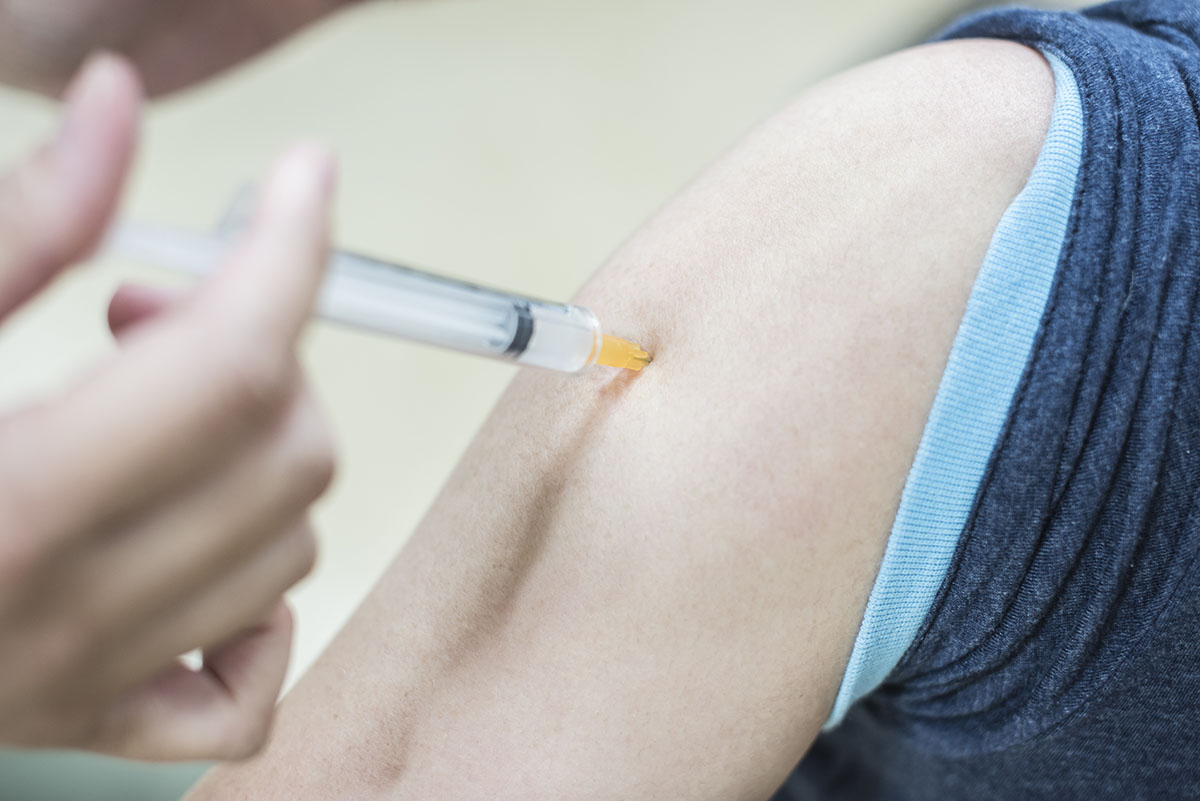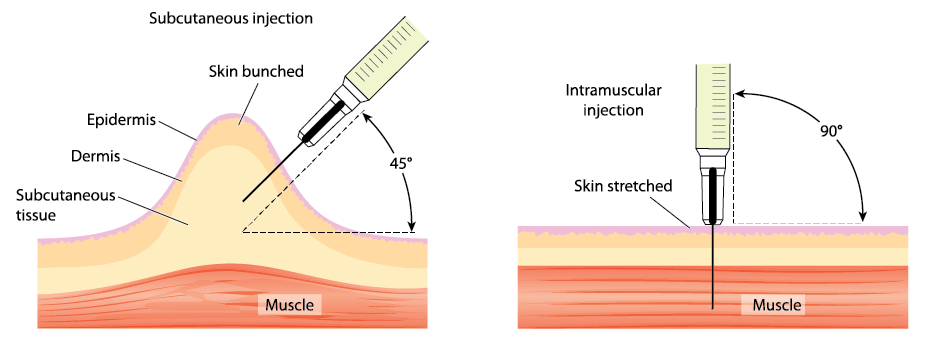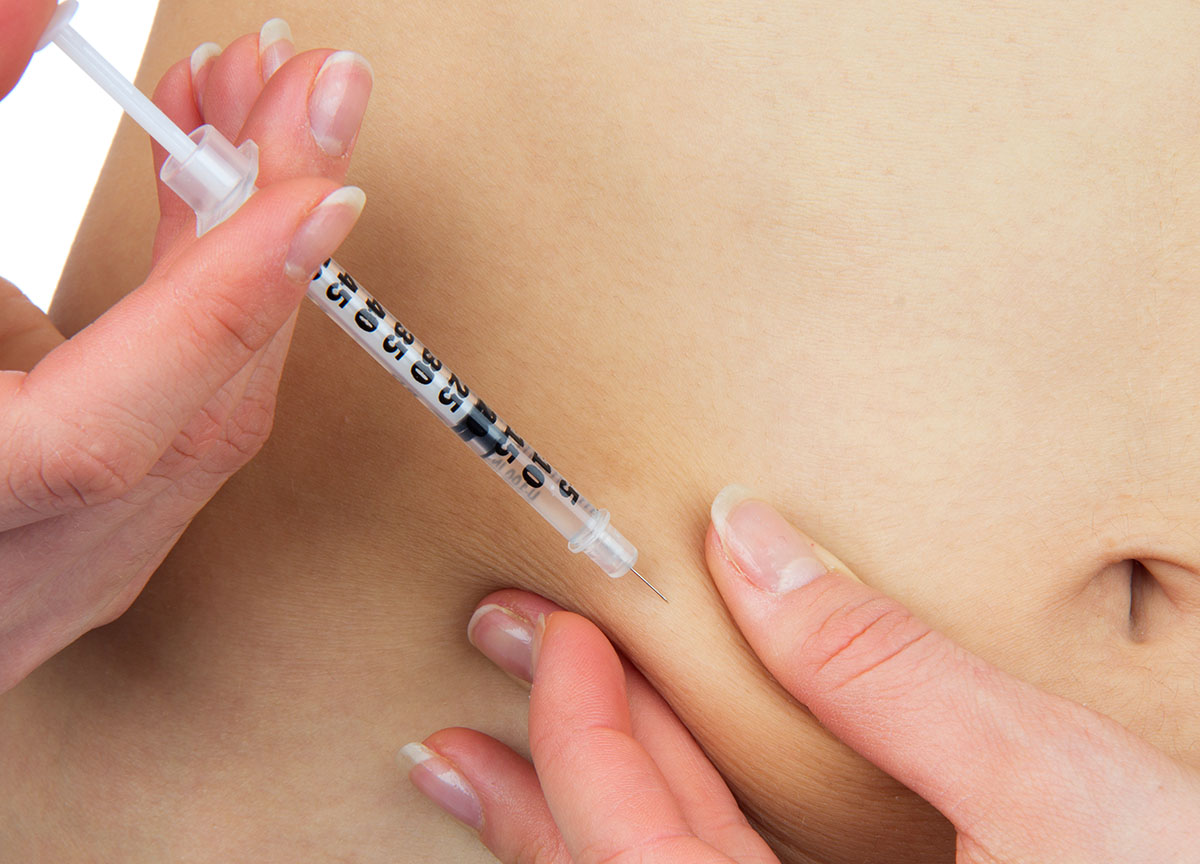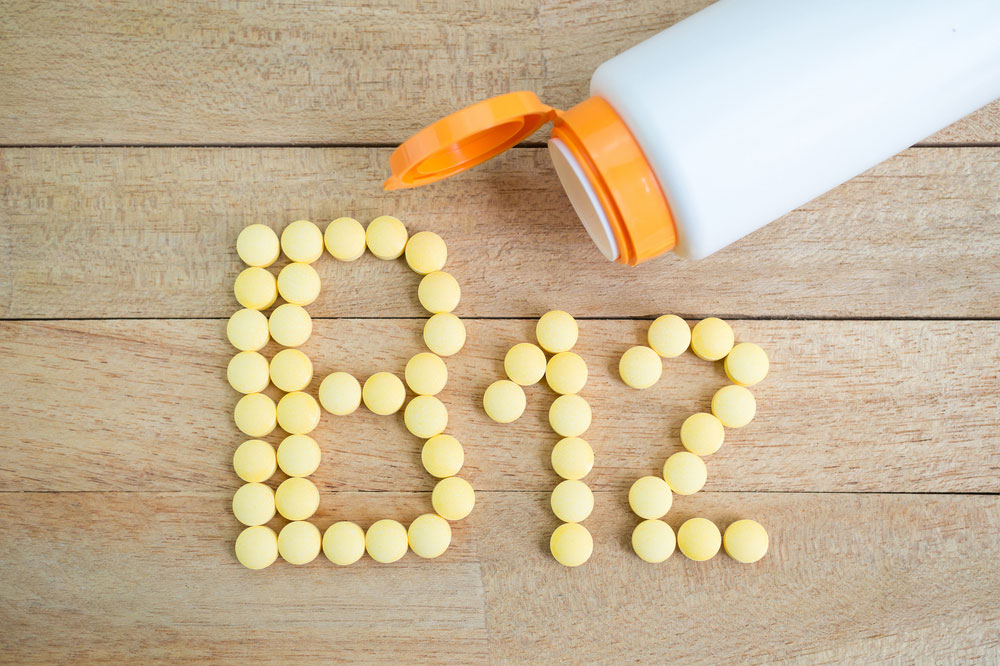For some people, ingesting vitamins to boost a healthy body is just an everyday maintenance. But, how do you know you’re absorbing the same amount of vitamins you’re paying for? It is difficult to analyze. When it comes down to measuring vitamins and minerals, there’s one thing that is constant: their interactions and absorption rate are really complicated to measure. Everything is dependent on the person’s health conditions, life stage, and other situational variables that play a role in trying to measure the rate of absorption in the body. This makes oral vitamin supplements a complete mystery, and injectable vitamins a great alternative!
When it comes to injectable vitamins, there’s far less guessing. The vitamins get absorbed directly into the bloodstream for a full boost! There are a lot of available injectable vitamins to choose from. Here we’ll touch on some of the most popular vitamins and the benefits they can offer.
Vitamin C Injections
Vitamin C is well known as a booster of many things, namely our immune system! Vitamin C is found in fruits and vegetables like oranges, lemons, and sweet peppers. You’ll also find that they are available in higher concentrations: vitamin pills and injectable vitamins.
Unfortunately, as mentioned before, vitamin C oral supplements have to go through an entire absorption process during digestion. This is where injections skip that step entirely and come into play as the quicker and more effective alternative. Your body will absorb the entirety of the vitamin C injection through the bloodstream as opposed to delivering a smaller dose through vitamin pills or Emergen-C.
For example, injections can deliver up to 25 grams of vitamin C in a dose. In order to come close to the equivalent of that, you would have to take about 5 vitamin pills to hit the same concentration.
With injections, you don’t have to remember to take the necessary pills every day to maintain a long-term health result. Injections are scheduled regularly and ensure consistency.
Vitamin C injections can help benefit:
- Weight Loss. Vitamin C has the ability to help with weight loss when coupled with a moderate activity level.
- Immune System. The most commonly known benefit is the help that vitamin C gives when it comes to fighting bacteria, diseases, and illnesses.
- Energy. Vitamin C helps the average person feel less fatigued and more energized.
- Blood Pressure. Vitamin C helps flush the kidneys by lowering the amount of water and sodium in the body. When reducing the fluids in the body by natural excretion, it puts the arterial valve walls in a more relaxed state. This helps reduce the risk of high blood pressure and other heart conditions.
- Inflammation. Vitamin C helps get rid of free radicals, which aids in the fight against inflammation.
- Hair and Skin. Vitamin C helps skin and hair with increased collagen production and increased iron absorption.
B12 Injectable Vitamins
Vitamin B12 is one of the most popular vitamin injections to date. Vitamin B12 is used throughout the world to help people who are on certain medications, needing help with weight loss, or just looking for a boost in energy! Vitamin B12 is also used for people who have restrictive diets and don’t regularly consume animal by-products. B12 injectable vitamins are a great way to maintain optimal levels of B12 while still abiding by a specific diet regime.
Vitamin B12 injections have also been known to help with:
- osteoporosis prevention
- eye health / macular degeneration prevention
- cardiovascular health
- improved cognition
- and a better mood.
It’s most commonly known to help regulate skin, hair, and nails. Imagine getting 10x the concentration of B12 with one injection!
Maybe you would prefer more than one kind of vitamin B injection. Some might consider a vitamin B complex injection. This could be used similarly to vitamin B12 to help boost the metabolism, burn fat, have healthy energy and immunity. These injections can be used regularly, even daily.
D3 Injectable Vitamins
There are two forms of vitamin D: vitamin D2 and vitamin D3. Vitamin D3 comes from a synthesis of sunlight through the skin. This can also be in a vitamin pill form or as an injectable vitamin.
Many people deal with vitamin D deficiencies. Sometimes the body requires more than what we synthesize throughout the day. Studies show that people who are of Western European descent are naturally deficient in vitamin D and commonly suffer from the symptoms of a vitamin D deficiency. Otherwise, vitamin D deficiencies have also been known to stem from malnutrition and issues with absorption in the intestines, or lack thereof.
Some of the benefits of vitamin D include:
- Improving the immune system which helps to fight infections in the body
- Helps to reduce the risk of high blood pressure.
- Helps to reduce increased risk of obesity.
- Helps patients who are in the pre-diabetes phase.
- Helps the body absorb calcium to continue to develop strong bone density.
- Helps to reduce the risk of certain diseases like cancer, heart disease, Parkinson’s Disease, Multiple Sclerosis, and helps protect against age-related macular degeneration.
- Improves mood and cognitive function.
- Helps to reduce risk of Influenza A.
- Improves the symptoms of restless leg syndrome.
- Decreases the risk of incontinence and pelvic floor disorder.
- Helps in treatment of psoriasis and vitiligo patients
Vitamin D3 is one of the most important groups of micronutrients in the body, and it is one of our more popular injectable vitamins. It has the capability to turn our genes on or off because of its potency as a steroid hormone, similar to other steroid-like hormones such as cortisol and testosterone. This is what makes it a very important vitamin to replenish. In certain areas of the world, like the Mediterranean, where a lack of exposure to UVB ultraviolet-B rays or sources of foods that don’t help to replenish deficiencies is common, vitamin D3 injections can be extremely beneficial. If you’re dealing with hypertension and blood pressure issues, obesity, and/or chronic inflammation, talk to your doctor about vitamin D3 injections for treatment.
Glutathione Vitamins
This is an antioxidant that you don’t hear about as often. Glutathione, which is made up of essential amino acids, gives our body the capability to protect itself from certain parts of the aging process. It’s also referred to as the master antioxidant. It helps to increase body function, increase the health of your skin and boost your overall well-being. Why isn’t this right up there with vitamins C and D, right? Aging, that’s something everyone will experience.
Glutathione has also been known to decrease the chemicals that cause darkening of the skin like hyperpigmentation.
Glutathione can provide a wide array of benefits, including:
- It improves Insulin sensitivity.
- It can help you have healthier skin.
- It helps to get rid of hyperpigmentation.
- It lowers the risk of cancer and cancer progressing by reducing oxidative stress.
- It helps your body break down fat.
- It aids in your anti-aging efforts.
- It improves the quality of your sleep.
- It reduces inflammation.
- It provides your body with higher levels of energy.
- It reduces the symptoms of diseases like Parkinson’s and ulcerative colitis.
Injectable Vitamins Side Effects
With treatments like injectable vitamins, there is always a risk for side effects. Fortunately, many of these side effects are considered very low risk. First and foremost, it’s always important to talk to your doctor about any allergies you may have to certain ingredients, and if you’re taking medications that could negatively impact your IV treatment.
It’s extremely important to ensure your treatments are coming from qualified professionals who are trained to properly monitor your body throughout the process.
Some of the side effects that may occur could be:
Headaches: There’s a small percentage of a slight headache. Although the chances are extremely slim, the detoxifying of harmful toxins in the body does increase the chance. Nothing a light painkiller couldn’t remedy.
Skin reactions: Because the needle does pierce the skin, it’s only natural that your skin may react. It could develop a rash, seem more red, feel a little sore or look a little swollen. This, like with all needlework, is a very common issue if you have sensitive skin. This can also happen if the needle was inserted incorrectly.
Vein bruising or inflammation: Have you ever gotten bloodwork done and the nurse just couldn’t find your vein? You wake up the next day with a little bruising from the needle. Although very rare, this could be a side effect.
Skin infections: If the area wasn’t cleaned properly, inserting a needle makes you susceptible to infections at the injection spot.
Allergic reaction: If you have any allergies it’s important to discuss this with your doctor. If you are allergic to a specific ingredient in the IV, this could leave you susceptible to an allergic reaction. Depending on the severity of your allergy. This could also include any medications or supplements you may be taking that could interact with the injectable vitamins negatively.
If you’re prone to bad reactions based on previous treatments, consult with your doctor about it so your medical team can help monitor and prevent you from any future reactions.
Anxiety: Although injectable vitamins don’t cause anxiety by themselves, there is an anxiety many people have over the injection of the needle. Talk to the physician who will be administering your treatment and the ways to help you reduce your anxiety.
It’s important to note that these side effects are only low risk when the provider is fully qualified. This way fewer risks are likely to occur. However, on the contrary, more severe side effects are more common with relaxed protocols and unqualified physicians.
Receiving personalized injectable vitamins
Injectable vitamins leave little to wonder when it comes to the rate your body absorbs each vitamin and can ensure great results. Even though you may take vitamin pills or eat fruits, dairy, poultry, and/or meat, receiving the right amount of vitamins, your body needs can become hard to understand and measure. This is why it’s always best to check ourselves with the help of certified professionals.
Before and during treatment, you will have blood tests scheduled. These routine blood tests help your doctor monitor the necessary levels for your body and the dosage of the injectable vitamins needed. Your doctor will also be watching your response to the treatment, as well as certain markers like a corrected bone profile to gauge the results of the treatment.
Take the guesswork out and call IV ME NOW!
Considering One Of The Injectable Vitamins That IV ME NOW Offers?
Interested? Head over to our website to book a mobile visit! If you’re not quite ready, and want to explore what services are available, check out our Wellness Shop and we’ll be happy to answer any questions or concerns you might have.












